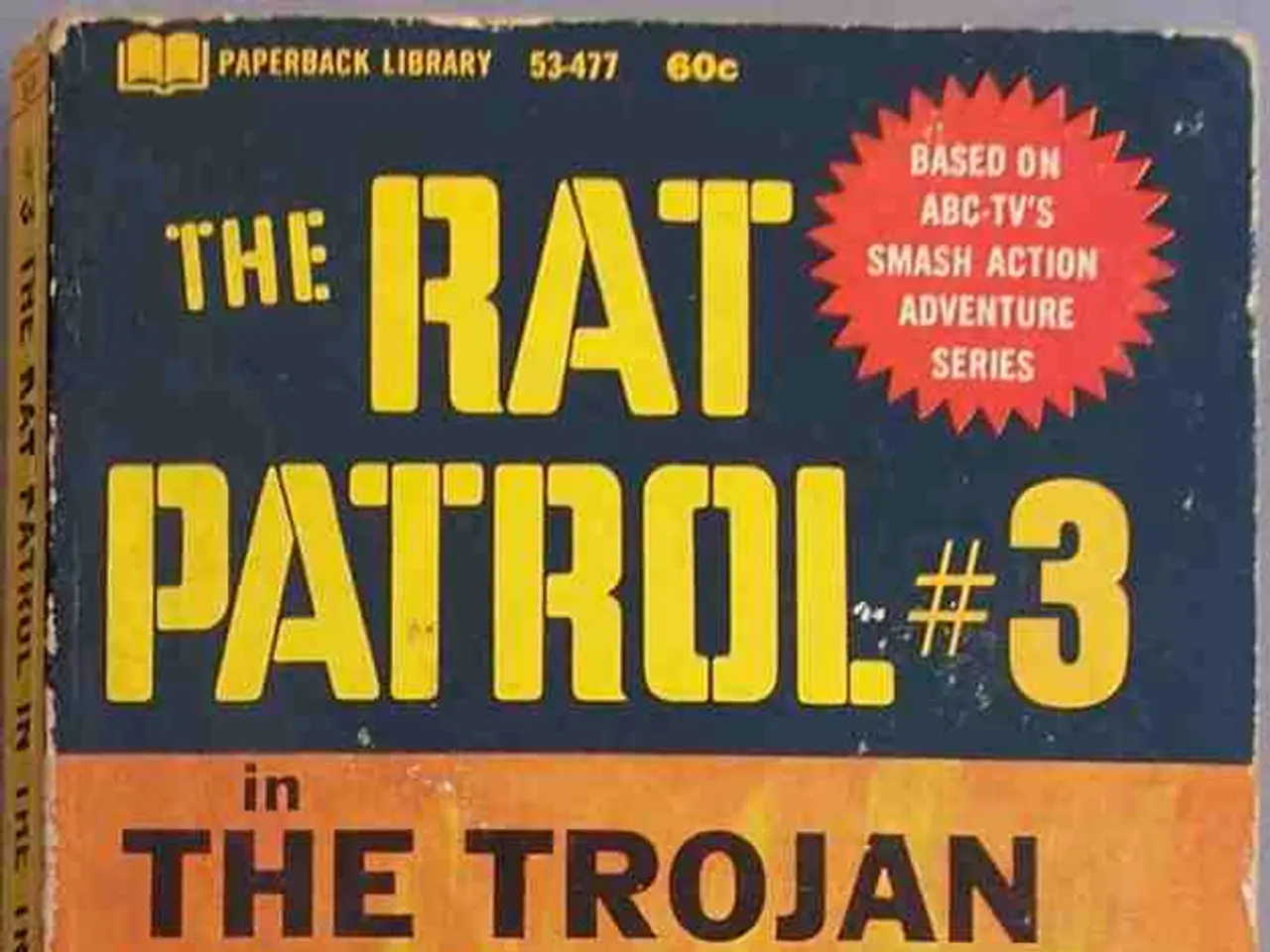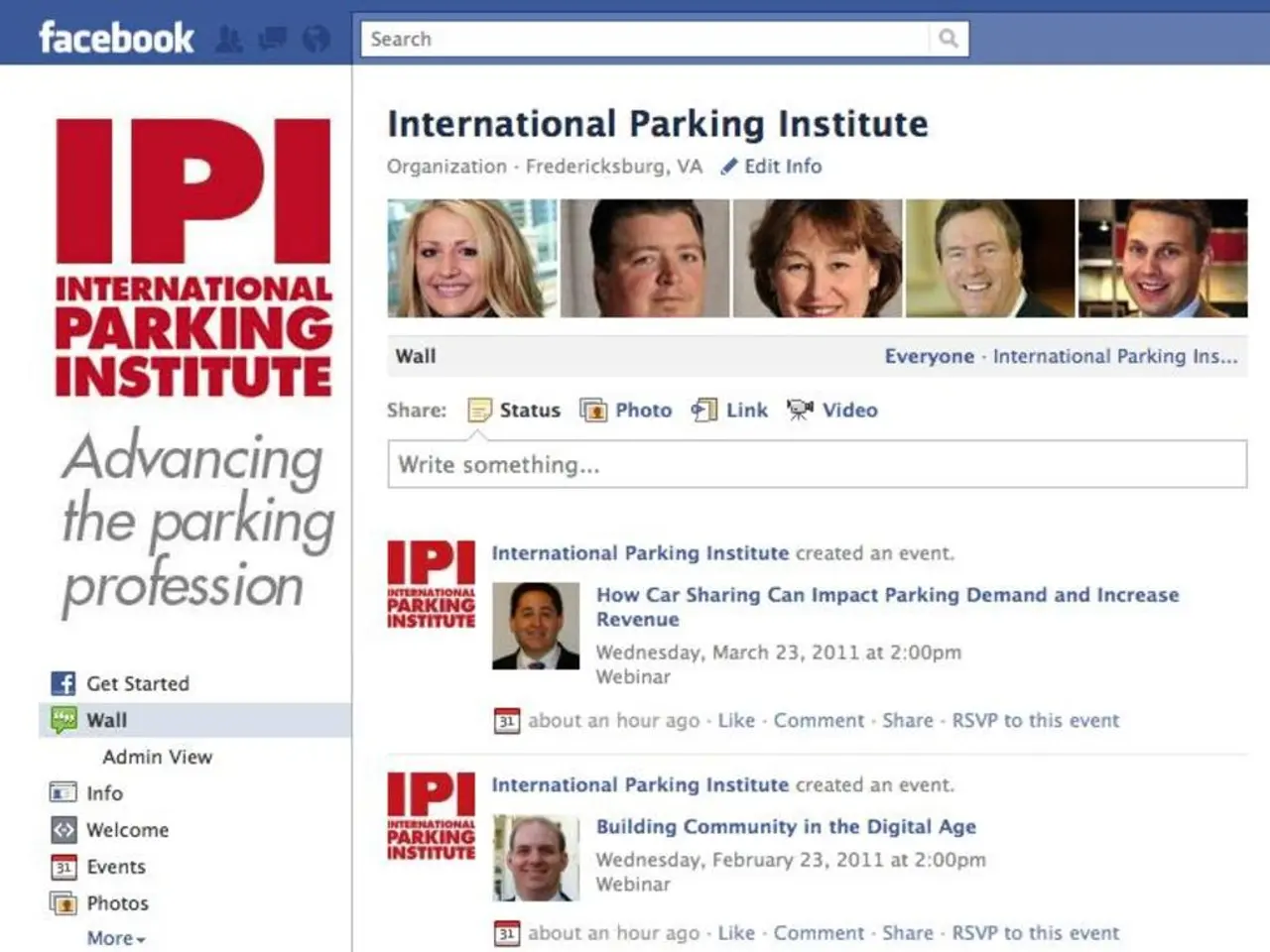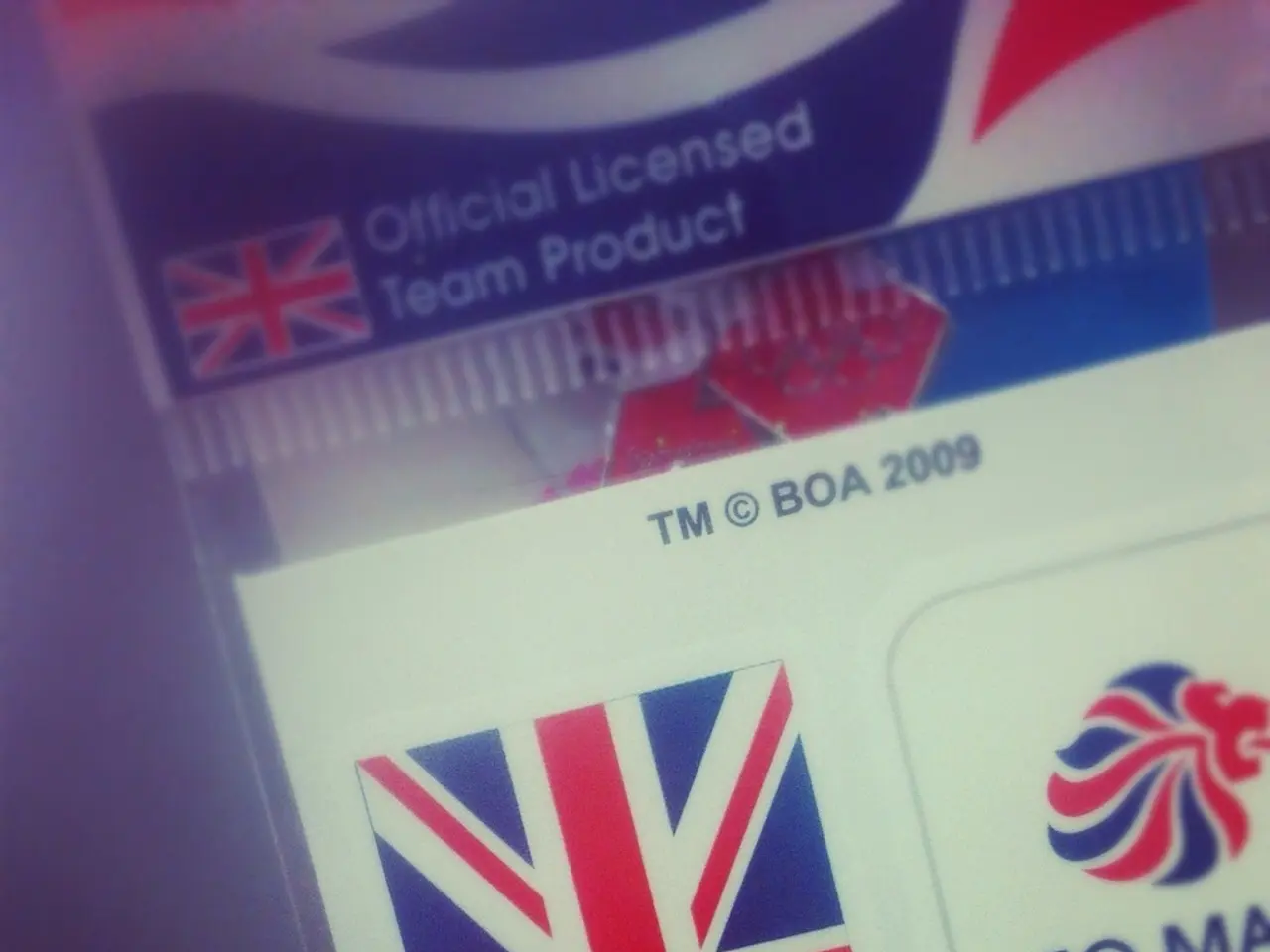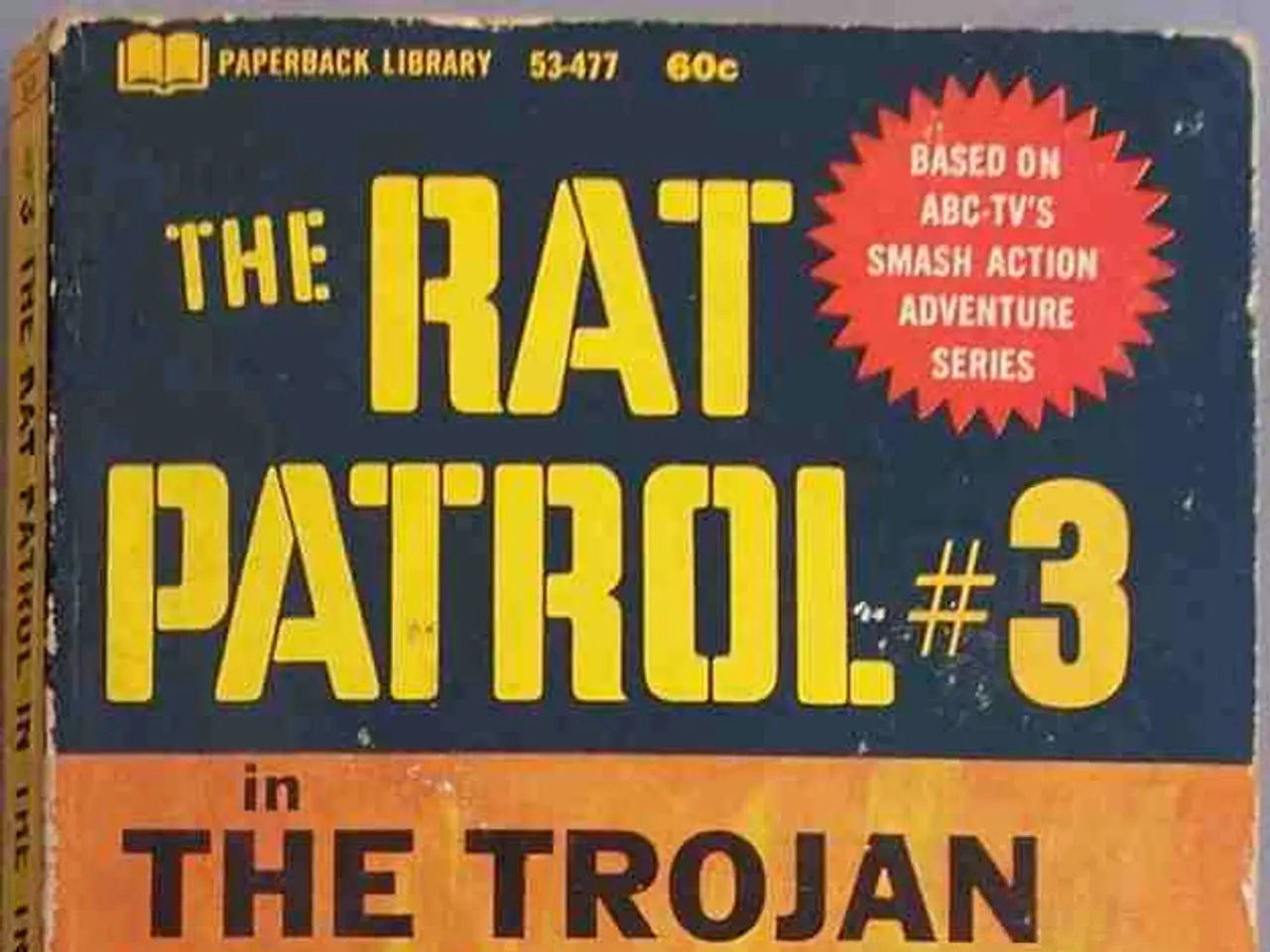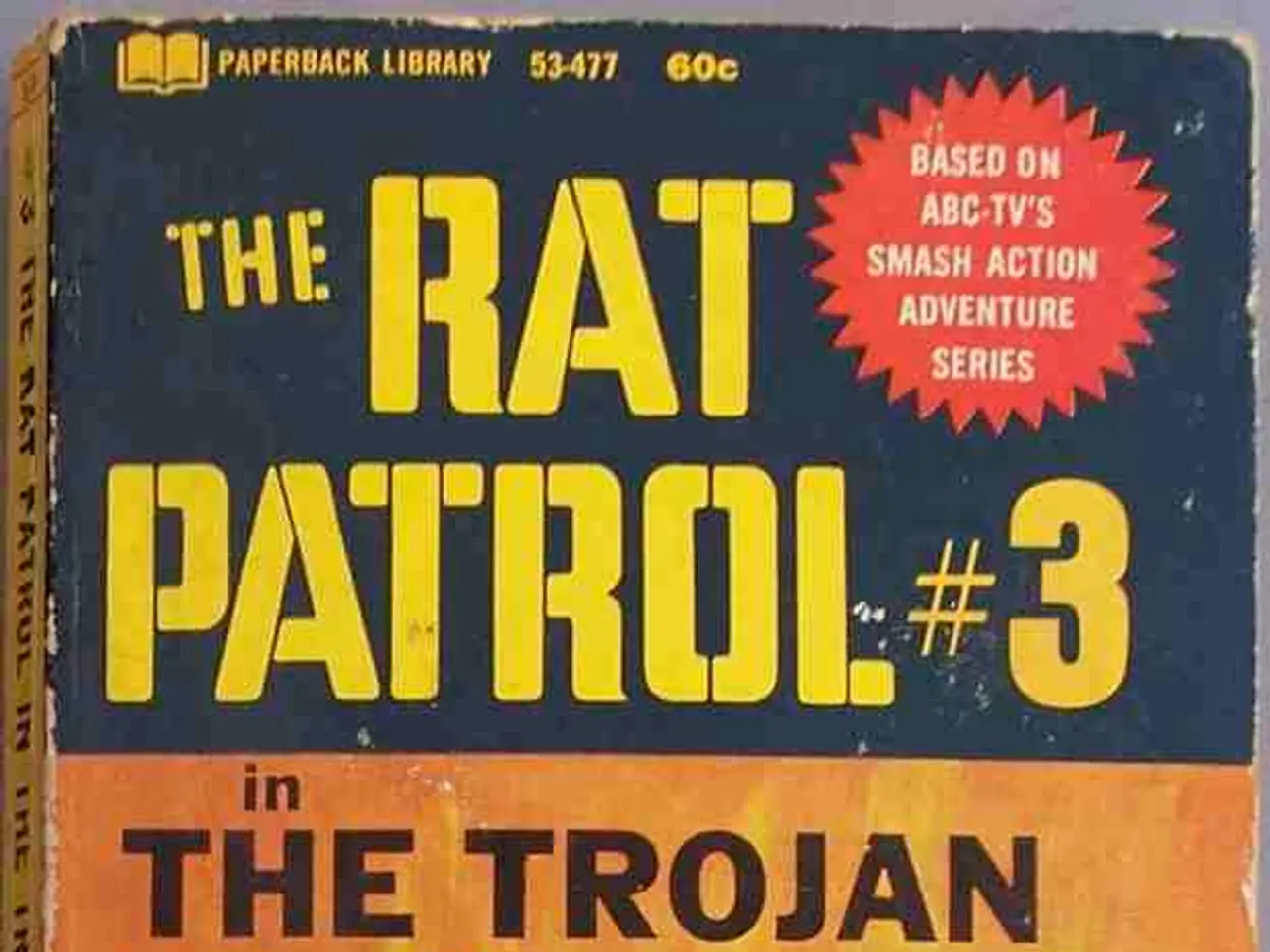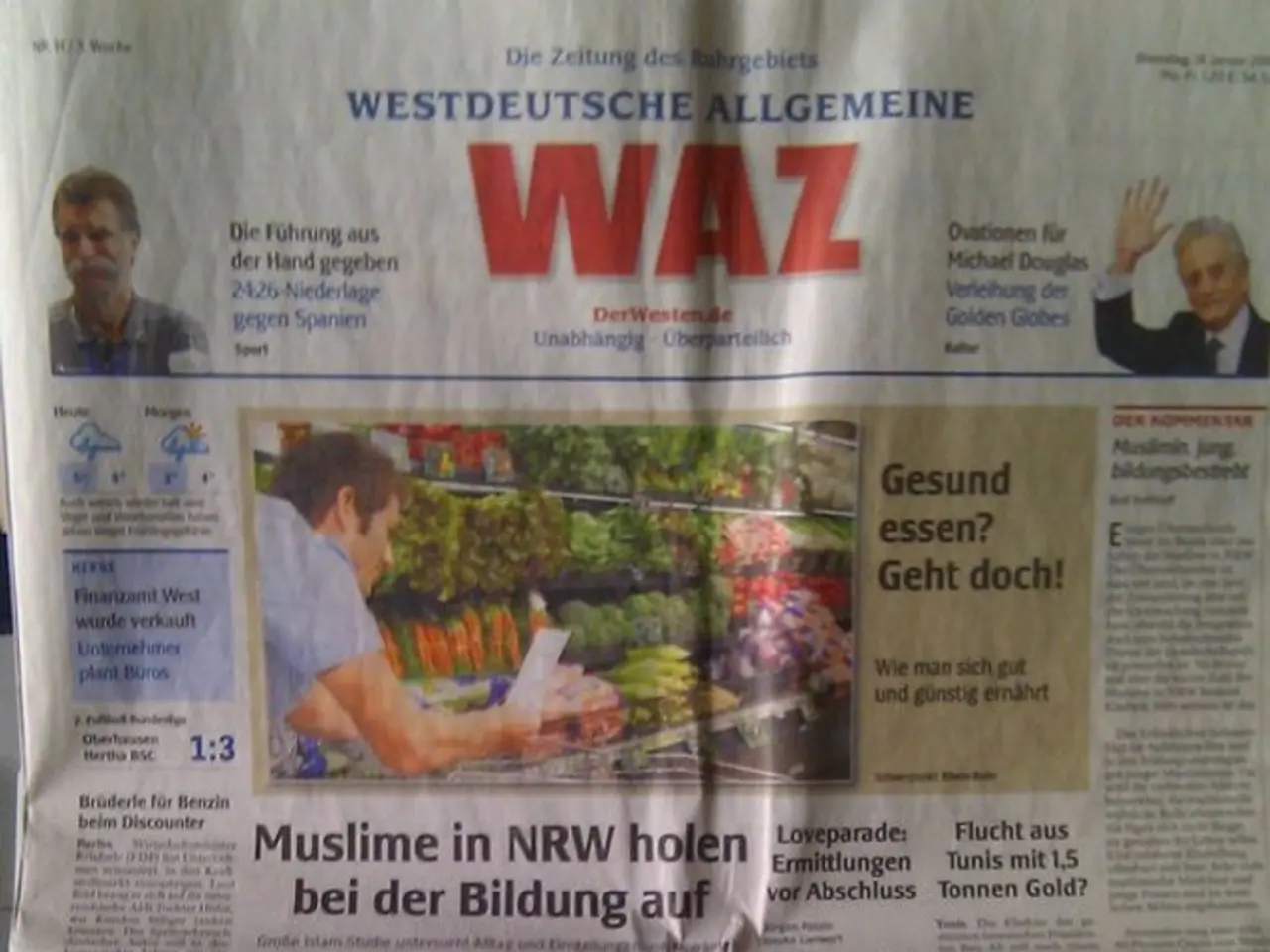Iran's nuclear program receives support from Pakistan during Pezeshkian's visit, advocating for a peaceful approach.
Pakistan and Iran have strengthened their bilateral ties following a visit by Iranian President Masoud Pezeshkian to Pakistan in early August 2025. The two nations have affirmed their support for each other and agreed to expand cooperation in various fields, particularly in the realm of peaceful nuclear energy.
During the meetings, Pakistan's Prime Minister Shehbaz Sharif lauded Iran's support for the Palestinians and compared the situation in the IIOJK, urging the civilized world to raise its voice against atrocities in Gaza. He also emphasized Iran's legitimate right to peaceful nuclear energy amid rising regional tensions, particularly with Israel. It is important to note that the support is clearly limited to civilian uses and there is no indication of progress toward any formal Iran-Pakistan nuclear deal that involves military or weapons-grade nuclear development.
Trade agreements were likewise part of the discussions to expand economic ties. However, specific details about trade deals were not highlighted. Pakistan's Defense Minister Khawaja Asif clarified that no new military cooperation agreements have been initiated between Pakistan and Iran, despite regional instability following Israeli strikes on Iranian targets.
The Iranian president thanked Pakistan for its support against Israeli aggression and expressed gratitude for Pakistan's stance on Iran's right to acquire nuclear power for peaceful purposes. Both leaders agreed on the importance of identifying specific sectors such as agriculture, livestock, services, energy, and cross-border logistics for future collaboration.
In the context of regional tensions, the Iranian president stated that Pakistan-Iran relations are based on common culture, religion, and are part of Tehran's foreign policy. The United States, France, Germany, and the United Kingdom have set an end-of-August deadline for reaching a nuclear deal with Iran, and the stalled negotiations on a revived JCPOA (the 2015 Iran nuclear agreement) continue to shape the environment around these developments.
The Iranian president underscored the need for unity among the Muslim Ummah. In a show of solidarity, PM Shehbaz condemned Israel's unjustified attack on Iran and expressed sympathy for the martyred Iranians. The Iranian president also emphasized the importance of promoting bilateral cooperation in political, economic, and cultural fields.
In total, 12 agreements and Memorandums of Understanding (MoUs) were exchanged between Pakistan and Iran. These agreements cover a wide range of areas, including plant protection and plant quarantine, joint use of Mirjaveh-Taftan border gate, collaboration in science, technology and innovation, information and communications technology, exchange programs for culture, art, tourism, youth, mass media and exports, cooperation in meteorology, climatology and related hazards, MoUs on maritime safety and firefighting, judicial assistance in criminal matters, a supplemental MoU to an MoU in 2013 related to air services agreement, MoU on recognition of products certification, inspection and testing, tourism cooperation for 2025-27, and a joint ministerial statement on the intent to finalise a Free Trade Agreement.
Mohammad Atabak, the Iranian Minister for Industry, Mines and Trade, supported the idea of holding a dedicated B2B day during every high-level visit and offered to bring Iranian business groups to Pakistan for in-depth meetings. The two countries are also engaged in bilateral cooperation to improve border security.
Sources: 1. Economic Times 4. Arab News 5. Deutsche Welle
- The Pakistani Prime Minister, Shehbaz Sharif, expressed support for Iran's right to peaceful nuclear energy, drawing a parallel with the situation in the IIOJK, urging the civilized world to address atrocities in Gaza.
- The Iranian president, during his visit to Pakistan, thanked Pakistan for its support against Israeli aggression and praised Pakistan's stance on Iran's right to acquire nuclear power for peaceful purposes.
- In the discussions between Pakistan and Iran, expansion of cooperation in various fields was affirmed, particularly in the realm of peaceful nuclear energy, as well as agriculture, livestock, services, energy, and cross-border logistics.
- No new military cooperation agreements have been initiated between Pakistan and Iran, despite regional instability following Israeli strikes on Iranian targets, according to Pakistan's Defense Minister Khawaja Asif.
- The United States, France, Germany, and the United Kingdom have set an end-of-August deadline for reaching a nuclear deal with Iran, and the stalled negotiations on a revived JCPOA continue to shape the environment around these developments.
- In a show of solidarity, PM Shehbaz condemned Israel's unjustified attack on Iran and expressed sympathy for the martyred Iranians, while the Iranian president underscored the need for unity among the Muslim Ummah.
- Twelve agreements and Memorandums of Understanding were exchanged between Pakistan and Iran, covering a wide range of areas, including trade, science, technology, culture, tourism, judicial assistance, air services, product certification, tourism cooperation, and a potential Free Trade Agreement.
